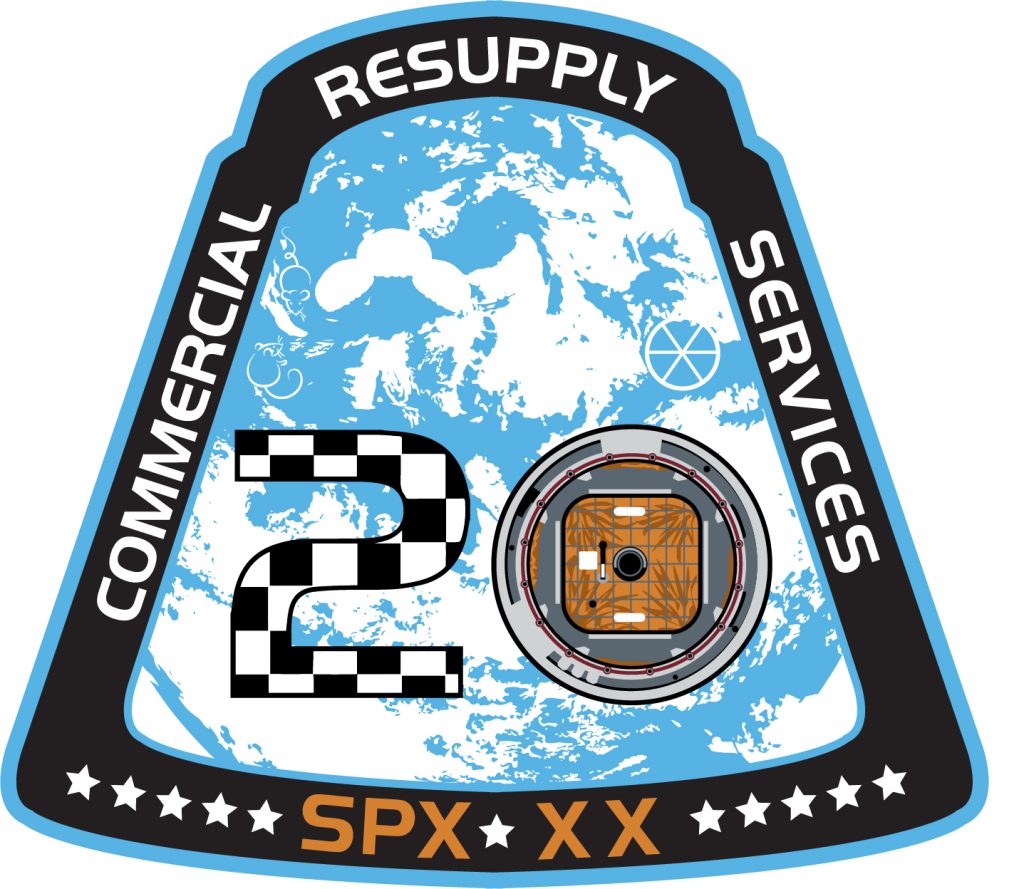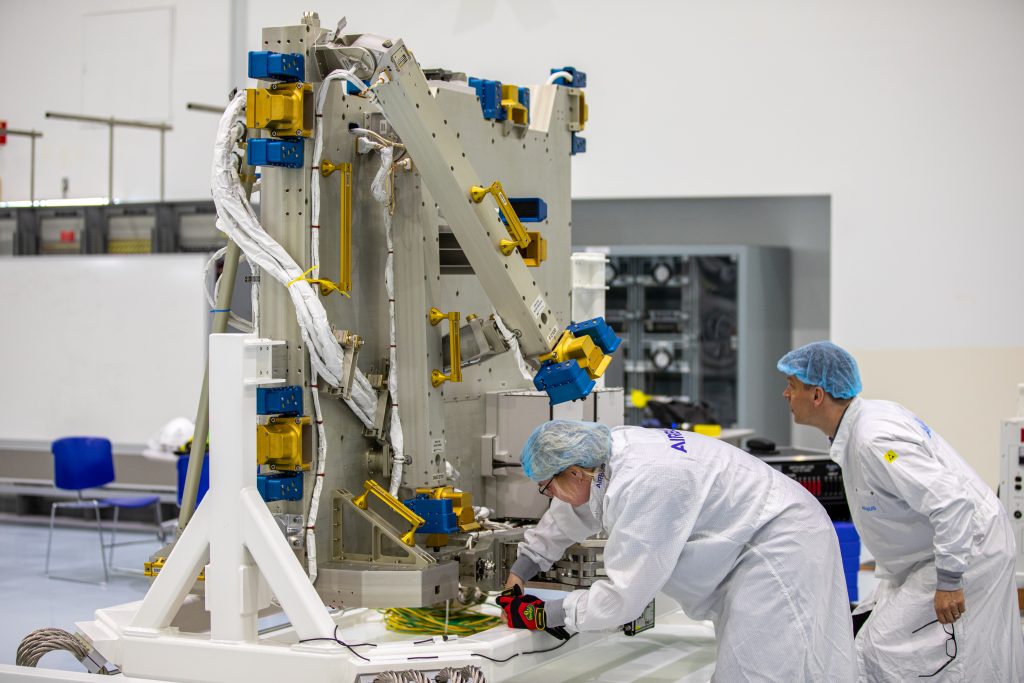
Credits: NASA/Kennedy Space Center
NASA and SpaceX are targeting 4:19 p.m. EST Monday, Nov. 21, to launch the company’s 26th commercial resupply mission to the International Space Station.
Liftoff will be from Launch Complex 39A at the agency’s Kennedy Space Center in Florida. SpaceX’s Dragon cargo spacecraft will deliver new science investigations, supplies, and equipment for the international crew.
Live launch coverage will air on NASA Television, the NASA app, and the agency’s website, with prelaunch events starting Friday, Nov. 18. Follow all events at: https://www.nasa.gov/live.
Click here to read the full advisory.


